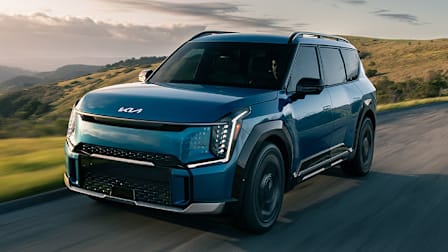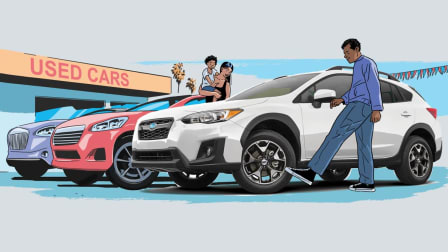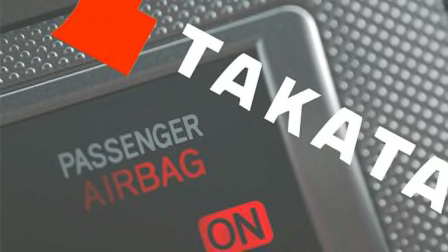Don’t Charge Ford Fusion Plug-In Hybrids Until a Recall Repair Is Done, the Automaker Says
An electric problem risks power loss and has already caused seven fires

Ford is recalling nearly 15,000 Fusion plug-in hybrid (PHEV) sedans from the 2019 and 2020 model years because they may not start, lose power when driving, and be at risk of catching fire. Regular hybrid and non-hybrid Fusion sedans are not included in this recall. The company tells CR that the power loss condition is what most customers, who have a related problem, are reporting. If the problem occurs when driving, there may be a warning to "stop safely now" prior to a loss of power.
Ford is developing a fix for this issue, and it will send owners a notice by first-class mail when they can bring their car in for a free recall repair.
The Details
Vehicles recalled: Ford Fusion Plug-In Hybrid sedans manufactured between Dec. 6, 2017, and July 27, 2020.
The problem: The Battery Energy Control Module (BECM) is being damaged by excess voltage and current flow caused by activation of the current interrupt device (CID). Consequently, a driver may experience either a no-start condition or a "stop safely now" message while driving followed by a loss of vehicle power within a few seconds.
The fix: Ford is currently working on a permanent fix. Until then, the automaker is instructing owners not to plug in the vehicle because fully charging the high-voltage hybrid battery may increase the risk of power loss and fire.
How to contact the manufacturer: Owners may call Ford at 866-436-7332.
NHTSA campaign number: 23V440. Ford’s own number for this recall is 23S33.
Check to see whether your vehicle has an open recall. NHTSA’s website will tell you whether your vehicle has any open recalls that need to be addressed.
If you plug your car’s 17-digit vehicle identification number (VIN) into NHTSA’s website and a recall doesn’t appear, it means your vehicle doesn’t currently have one. Because automakers issue recalls often, and for many older vehicles, we recommend checking back regularly.
Stay informed about recalls that might affect your vehicle by using our Car Recall Tracker. Create a free account now to become a CR member.




